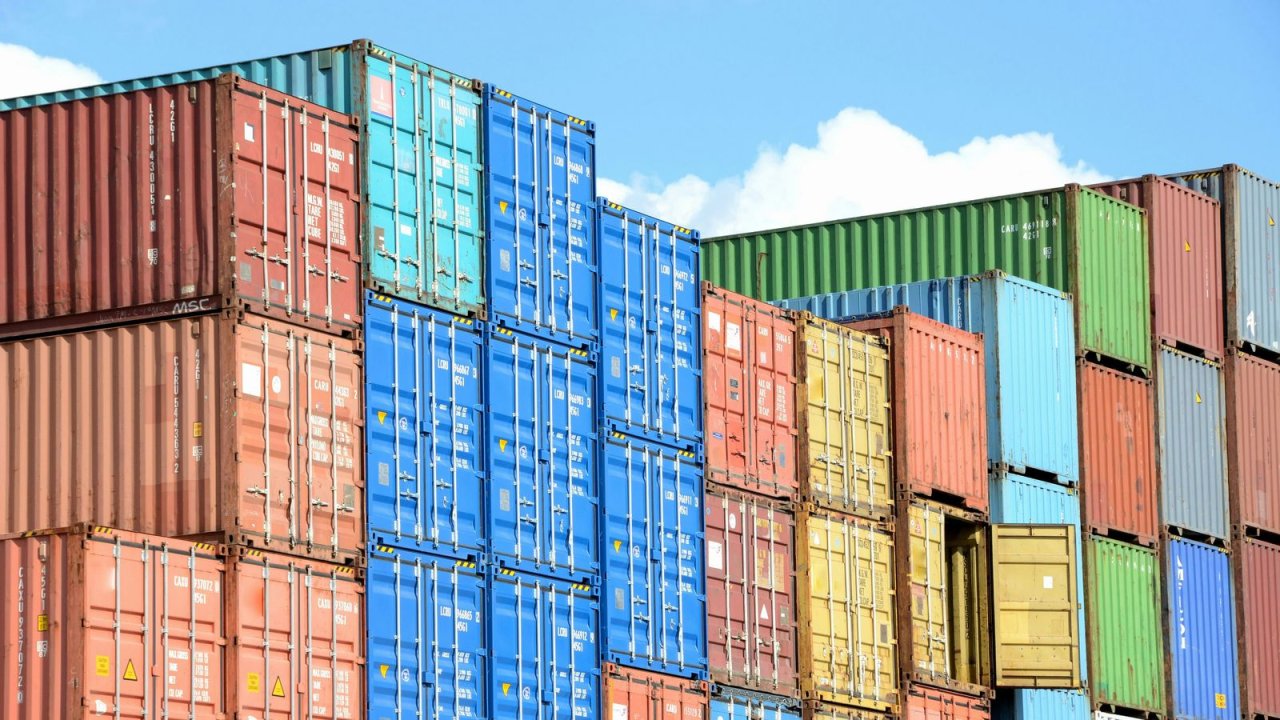
India-UK FTA: Free Trade Agreement and its effects on UK visas
India-UK FTA: Free Trade Agreement and its effects on UK visas
On 6 May 2025, the United Kingdom and India reached an important agreement: India-UK FTA (Free Trade Agreement) that aims to strengthen economic ties and boost opportunities for both countries. The deal was finalised after high-level talks in London between UK Business and Trade Secretary Jonathan Reynolds and India’s Minister of Commerce and Industry, Piyush Goyal. It was officially agreed by Prime Minister Rishi Sunak and Prime Minister Narendra Modi.
Alongside the FTA, both countries also agreed to work on a Double Contributions Convention (DCC), which will come into effect together with the trade deal. Here is everything you need to know about the India-UK FTA & how it will affect UK visa applications.
First of all, why does the India-UK FTA matter?
The India-UK FTA is not just another trade deal — it’s a strategic economic partnership that offers significant long-term benefits for both countries. The agreement is designed to boost bilateral trade by £25.5 billion, add £4.8 billion annually to the UK economy, and increase UK wages by £2.2 billion per year in the long run.
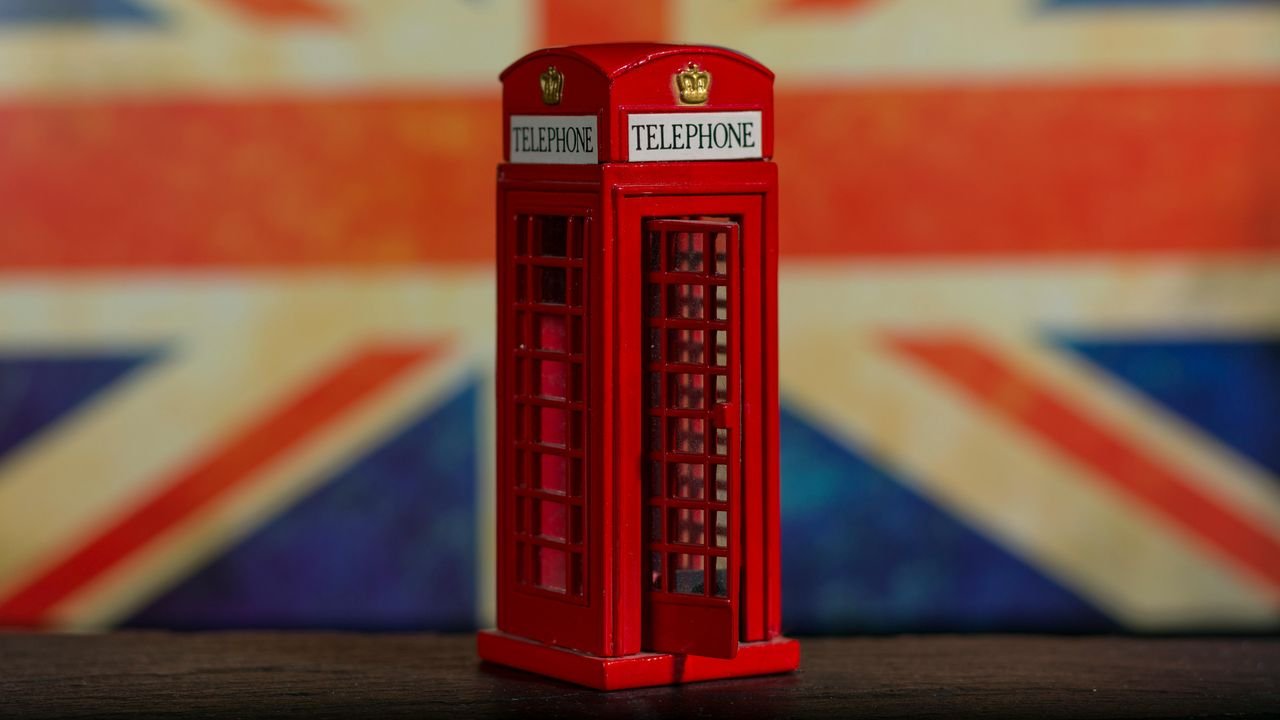
For India, the deal offers access to the UK’s advanced markets and a platform to grow exports and innovation partnerships.
How will the India-UK Free Trade Agreement affect the UK visa applications?
Visa access is a key component of the India-UK Free Trade Agreement (FTA), especially for businesses, professionals, and students.
Here’s how the India-UK FTA affects visa applications from India to the UK:
Faster, simpler UK visa processes for Indian business visitors, IT experts, engineers, and consultants.
Improved rules for intra-company transfers, graduate trainees, and contractual service suppliers.
Recognition of Indian qualifications helps skilled workers meet UK visa criteria more easily.
The FTA ensures transparent processing for work and internship visas.
It does not affect general UK immigration, free movement, or NHS access.
The India UK FTA focuses on boosting trade-linked mobility—not broad immigration policy.
Do you need help with your applications?
Global Law is an award-winning UK immigration consultancy with offices in London and Dubai, providing over 17 years of expertise in immigration law.
What about students?
While the FTA itself focuses more on trade and business mobility, it complements the broader UK-India Migration and Mobility Partnership signed earlier. That agreement already provides:
2-year post-study work visas for Indian students in the UK
Young Professionals Scheme, offering 2-year visas for 18-30-year-olds from India
Annual quotas for work exchange and cultural programs
Explore your options
5 benefits of the India-UK Free Trade Agreement
India-UK FTA offers immense opportunities for UK exporters, Indian manufacturers, and consumers on both sides.
1. Reduced tariffs
One of the core features of the India-UK FTA is the reduction or elimination of tariffs on a wide range of goods and services:
Tariffs on Scotch whisky drop from 150% to 75% at entry into force, falling to 40% over 10 years.
Tariffs on British lamb and soft drinks are cut to 0%.
High-end cars benefit from tariff reductions from over 100% to just 10% under a quota system.
Tariffs on medical devices, machinery, and cosmetics are also significantly reduced.
2. Access to India’s procurement market
For the first time, UK businesses can participate in India’s £38 billion annual public procurement market, with access to 40,000 tenders. UK companies that manufacture at least 20% of their product in the UK will also be classified as "Class Two local suppliers" under India’s ‘Make in India’ policy.
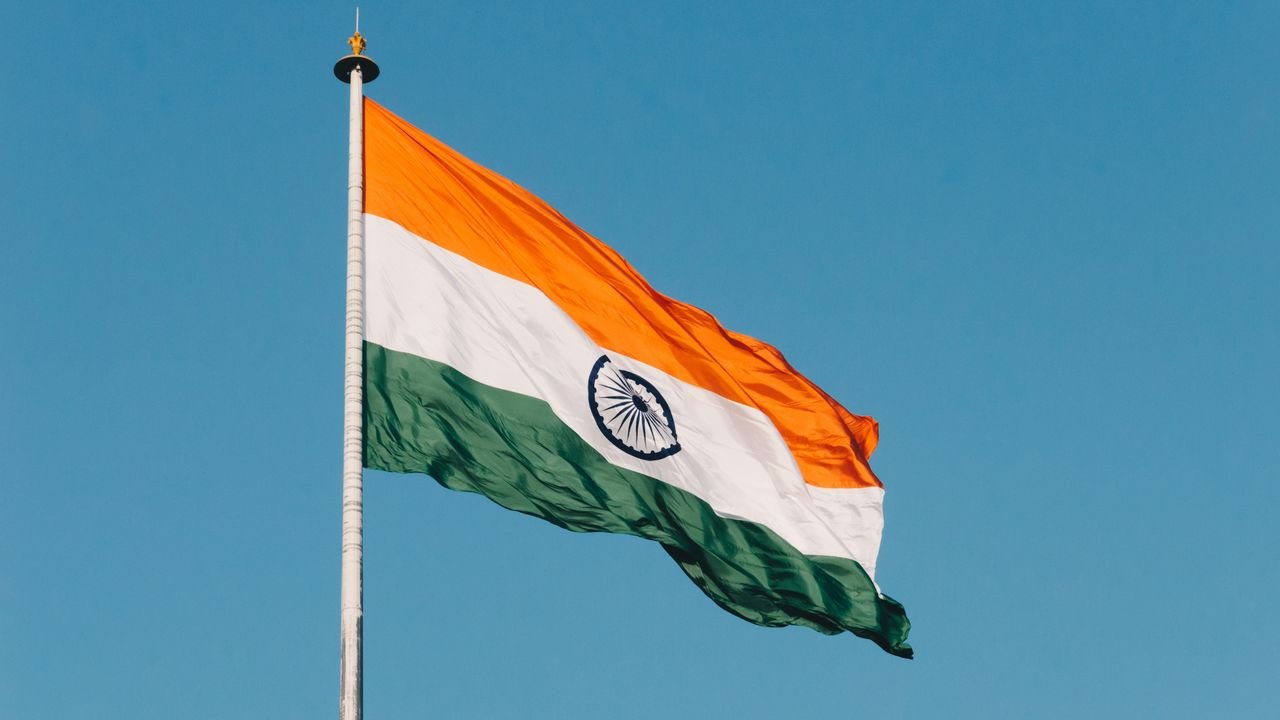
3. Support for high-growth sectors
The India-UK FTA boosts several strategic industries:
Advanced manufacturing (automotives, machinery, and optical goods)
Clean energy, through access to India’s energy transition projects
Life sciences and medtech, with reduced tariffs and better rules of origin
Digital trade, with commitments to paperless trade and enhanced digital cooperation
Creative industries, with new copyright protections
4. Easier business mobility and recognition of qualifications
The agreement simplifies business mobility, allowing professionals to work more easily across both markets. It also promotes mutual recognition of professional qualifications, especially in sectors like law, finance, and engineering.
5. Strengthened financial and professional services
India has committed to treating UK firms equally in sectors such as insurance, banking, and consulting. This means fewer restrictions on UK investment in India and more collaboration in the financial services space.

Real-world impact of India-UK trade deal
Several UK businesses have already expressed strong support for the India-UK Free Trade Agreement:
Chivas Brothers expects a major boost in Scotch whisky exports to India.
Concrete Canvas, a low-carbon tech company, sees the FTA as a growth accelerator in India.
Smith+Nephew, a medical technology leader, plans to expand its healthcare footprint.
EY and Arup believe the deal will drive investment and open up new infrastructure opportunities.
The India-UK FTA is built to evolve. It includes clauses that allow for future renegotiation if India offers more favorable terms to another trade partner. This ensures the UK always retains competitive access.
The UK has also ensured that its NHS, immigration system, and food safety laws remain unaffected, proving that trade and values can go hand in hand.
- Posted on: 07.05.2025
- By: Eray Eliacik
- uk
- india
About the author

Eray Eliacik
Eray is a seasoned writer and passionate traveler who has explored over 20 countries. With firsthand experience navigating visas and international travel, and a proven track record with reputable platforms like Dataconomy and Softonic, Eray now makes it easier for travelers to achieve their travel goals.
Related Articles
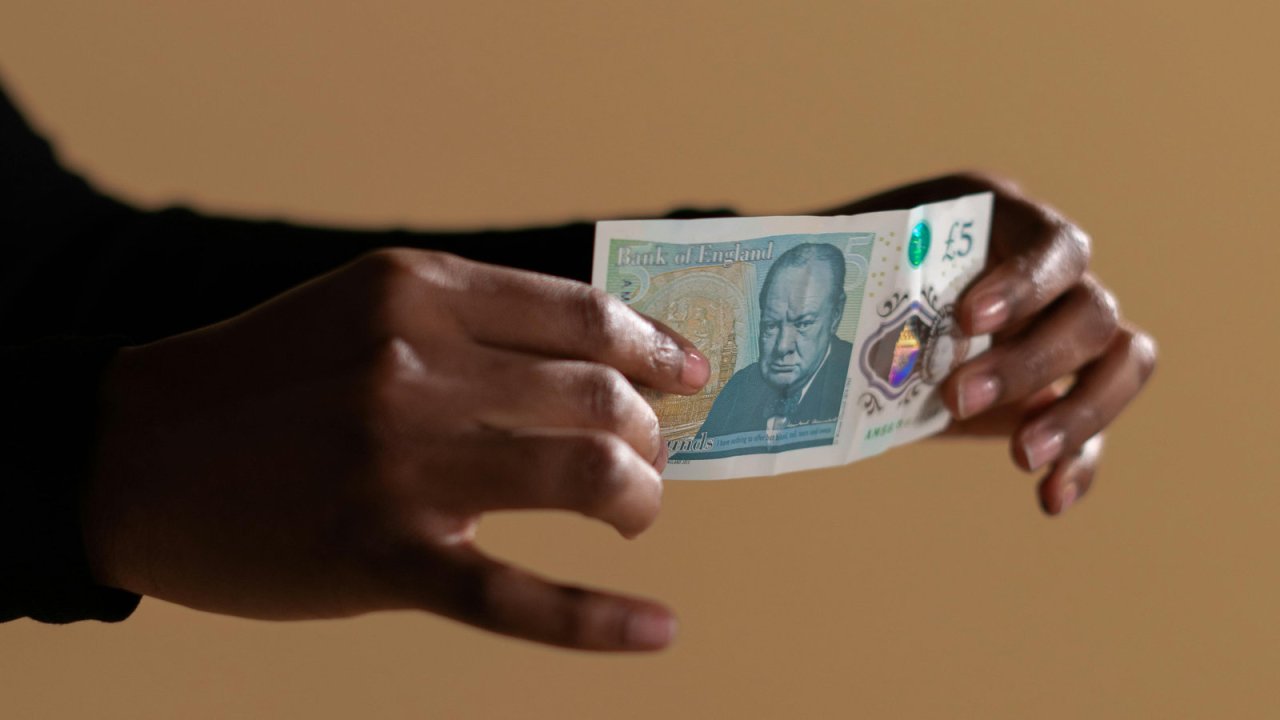
New UK minimum wage increase & changing visa rules
April 2nd, 2025
uk minimum wage rise concerns & effects on immigrants
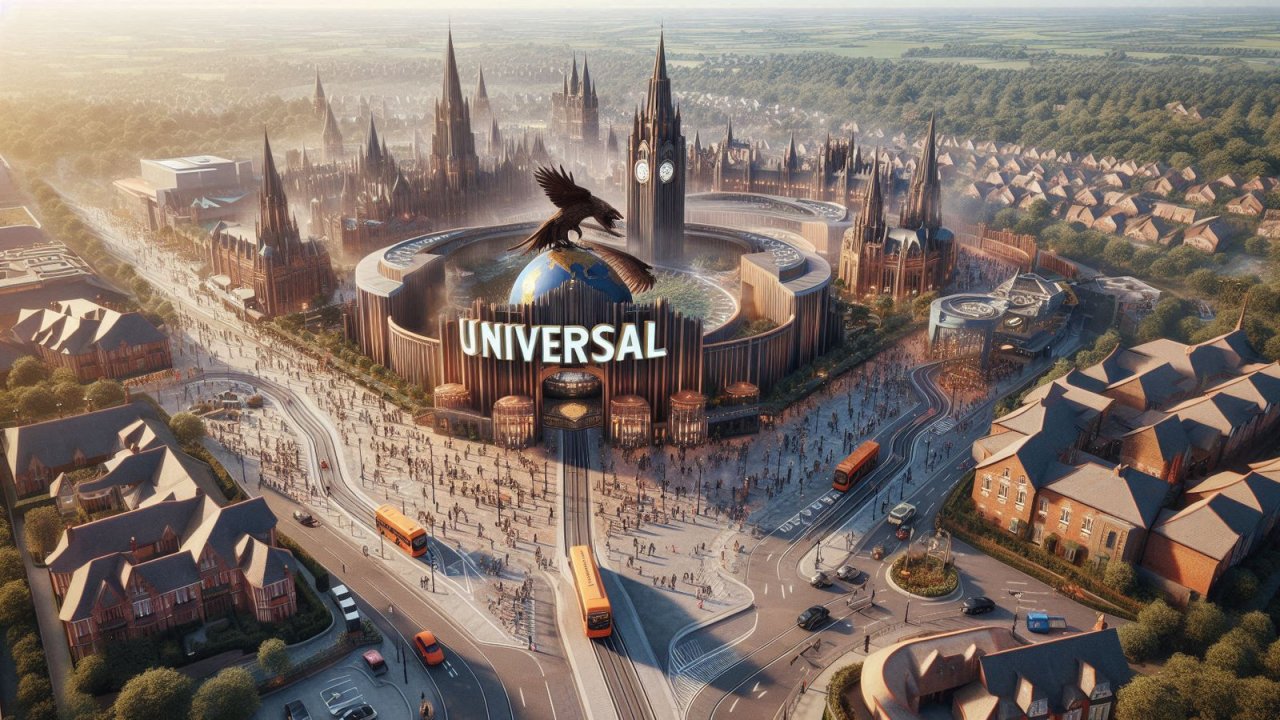
Universal UK theme park in Bedford set to become nation’s biggest tourist attraction
April 9th, 2025
New tourist attraction alert!

ETA: Yes, you need a "visa" to travel to the UK from Europe now
April 2nd, 2025
Learn how to apply and who’s exempt from this new requirement.

